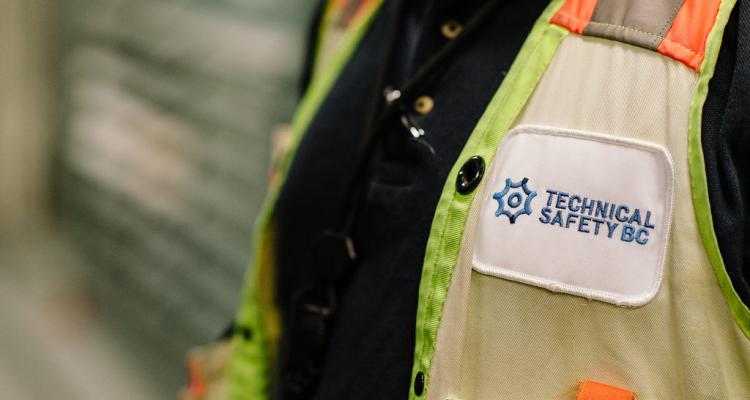18 recommendations made to improve industry safety and prevent future incidents
Vancouver, BC (July 25, 2018) – Technical Safety BC today released its Investigation Report into the ammonia release at Fernie Memorial Arena on October 17, 2017, which tragically resulted in three fatalities, as well as the evacuation of 95 residents from 55 nearby homes.
The report provides an overview of the incident, the scope of the investigation, and key findings regarding contributing factors. Technical Safety BC also made 18 recommendations to further improve safety in ice rink refrigeration systems, and discussed a number of regulatory actions taken in recent months to prevent similar incidents.
The Fernie incident is believed to be the first of its kind, in which a leak of ammonia into a secondary coolant – in this case brine – led to pressurization in a pipe that resulted in the pipe coupling separation and a rapid release of ammonia into an enclosed room.
“Our report is focused on understanding the factors that led to the incident and providing recommendations to improve safety and prevent a similar tragedy,” said Janice Lee, Director of Safety Oversight at Technical Safety BC. “Since the incident occurred last year, Technical Safety BC has taken decisive action to advance the safety of ammonia refrigeration facilities in the province. We issued a province-wide Safety Order requiring all public occupancy ammonia refrigeration plants – including arenas – to test for ammonia leaks and shut down the system if necessary. All 185 facilities in British Columbia have fulfilled the obligation and are compliant.”
The incident report is based upon the evidence presented and available at the time of the investigation, which took place between October 2017 and June 2018. The investigation explored pre-incident and post-incident factors that may have contributed to the ammonia leak at Fernie Memorial Arena. Technical Safety BC analyzed equipment and its condition and reviewed inspection reports and the results of systems testing. The team also examined relevant organizational and operational decisions that may have contributed to the incident, and inspected and tested the alarm, ventilation and discharge systems.
The investigation identified three areas where evidence indicates contributing factors leading to the incident and the impact to the arena and surrounding community:
- Failure of refrigeration system equipment;
- Operational decisions that contributed to the incident; and,
- Impact of inadequate ventilation and discharge systems following the incident.
Based on the findings of the investigation, the incident resulted from practices that were common in the industry at the time.
It is imperative that industry and owners of refrigeration systems learn a number of lessons from this incident, but two in particular stand out,” said Jeff Coleman, Director of Risk and Safety Knowledge with Technical Safety BC and leader of the investigation team. “First, maintenance programs for refrigeration systems must address and alleviate the risks presented by aging equipment. And second, even very small leaks of refrigerant can indicate extremely hazardous situations.”
Technical Safety BC has made 18 recommendations to prevent a recurrence of this type of incident and improve safety in ice rink refrigeration systems throughout BC. These recommendations seek improvements to:
- owner maintenance programs, especially in relation to aging equipment;
- identification of leak hazards and professional disclosure of such hazards;
- training of owners’ representatives, operators and mechanics; and,
- secondary coolant system configuration and construction.
“This has been a terrible loss for the families of the three workers and had a deep impact on the whole community of Fernie,” said Quinn Newcomb, Interim Vice President of Human Resources, Learning and Engagement. “We will work with stakeholders to enhance the safety system to prevent a similar tragedy from ever happening again.”
“Technical Safety BC believes safety is a shared responsibility and will take a leadership role in meeting with stakeholder groups including plant owners, maintenance contractors, training providers, municipalities, and the Canadian Standards Association to present and discuss the recommendations and improve facility maintenance procedures and programs,” added Newcomb.
Full report is available here: https://www.technicalsafetybc.ca/fernieincident
About Technical Safety BC
Technical Safety BC (formerly BC Safety Authority) is an independent, self-funded organization that oversees the safe installation and operation of technical systems and equipment. In addition to issuing permits, licences, and certificates, it works with industry to reduce safety risks through assessment, education and outreach, enforcement, and research. For more information, visit www.technicalsafetybc.ca



